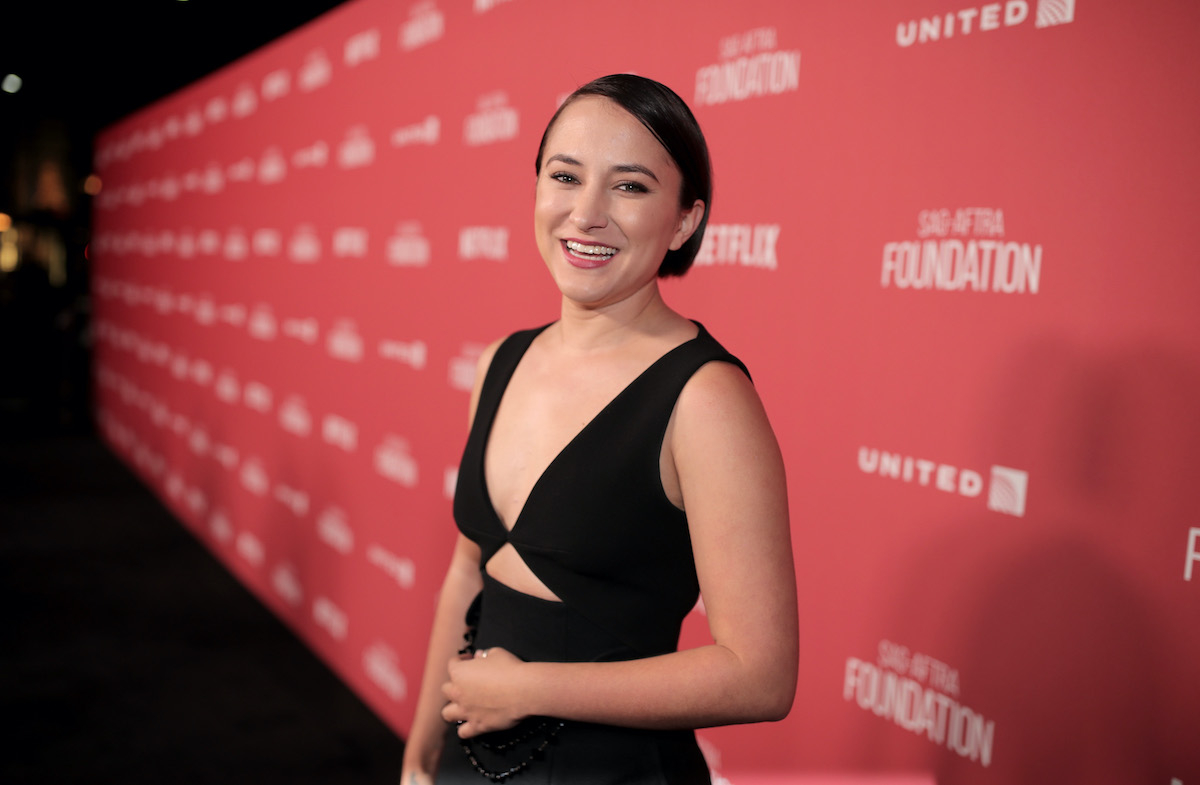To say that AI is a volatile talking point right now would be an extreme understatement. Between its importance in the recent Hollywood strike discourse, its newfound presence in blockbuster sci-fi movies, and the sheer dystopian nature of its very existence in art, AI is being centered and it’s no soothing use of one’s time to imagine what this particular landscape will look like in the next several years.
For now, though, the artists of the world are rallying to push that landscape as far into the future as humanly possible, one of them being voice actress Zelda Williams, whose opinions on AI voice acting—fueled in part by hearing the tools imitate her late father Robin Williams—ruthlessly cover just about every base necessary.
Williams recently took to Instagram to lambast the practice of recreating voices using AI, calling the imitated voices she’s heard of her father in particular “personally disturbing” before painting a bigger picture.

“Living actors deserve a chance to create characters with their choices, to voice cartoons, to put their HUMAN effort and time into the pursuit of performance,” Williams wrote. “These recreations are, at their very best, a poor facsimile of greater people, but at their worst, a horrendous Frankensteinian monster, cobbled together from the worst bits of everything this industry is, instead of what it should stand for.”
The implications of AI go far beyond the soulless upending of the creative spirit as well. What’s to prevent folks using AI tools to fabricate scandalous photos of celebrities or politicians, or using an AI-recreated voice to implicate someone in any number of situations? Absolutely nothing, as we’ve seen those things already happen time and again. AI itself may be just a neutral tool, but so long as even one capable person out there (and we know there are so many more than that) is ready to plow ahead without any regard for consent or responsibility, heeding Jurassic Park on this one just might be the wisest thing we can do.
For now, though, the measured victory that the Writers Guild of America recently scored in their negotiations with the Alliance of Motion Picture and Television Producers is looking like the benchmark for breaths of fresh air as AI becomes more prevalent, and we can only hope that SAG-AFTRA—and the rest of the world, realistically—finds the same luck in their fights moving forward.
(featured image: Christopher Polk/Getty Images for SAG-AFTRA Foundation)










Published: Oct 2, 2023 02:23 pm